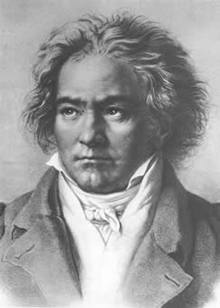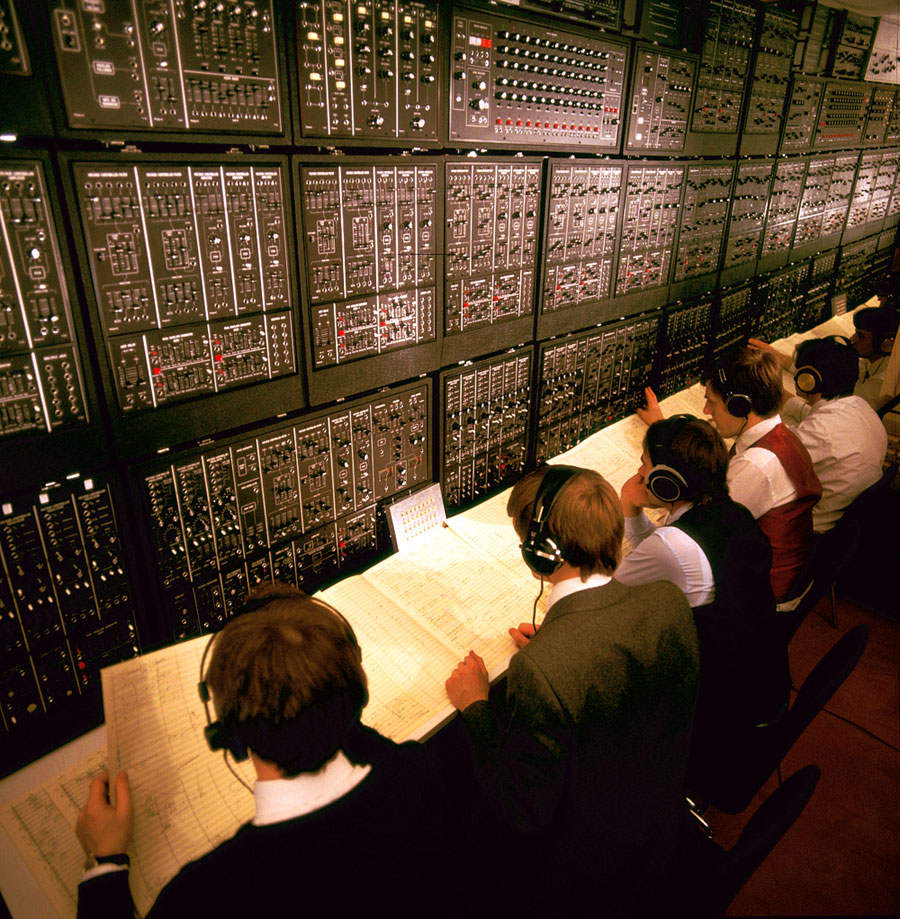
BEETHOVEN

| page 1 2 3 4 | |||||
|
|||||
“Freedom ! Progressing There
is no rule in art Continue
to There
is no more undisturbed That
which we acquire from art Continue, Beethoven |
|||||
Modern scientific
technologies allow musical processes to be analysed, produced and reproduced
much more precisely than was possible in the past. Thus, scientists, engineers and technicians work under the direction of the classical composer and musicologist Peter Huebner on concepts of systematic research and specific utilisation of the microcosm of music, as well as the fine powers it possesses and – on the basis of the knowledge thus gained – on a new methodology of classical composing, on new creative technologies of tonal design, on new recording and reproduction techniques, as well as on new computer-controlled methods of analysis and synthesis. The Micro Music Laboratories hope that these will enable them to put the creation and production of classical music on a sound, scientific-artistic basis. The former role of the instrument builder who provided the sound with his instrument is taken over by large digital data banks which have outstanding sound material at their disposal. This ranges from the sound of African drums, Chinese sound dishes and gongs, excellent Russian choirs and singing soloists, flute-playing techniques of the native Americans and overtone singers from Mongolia to the sound potential of large symphony orchestras. |
|||||

| From the pioneering times of the Micro Music Laboratories | ||||
Nowadays, this technology is
internationally very far developed. There are entire industries which are
dedicated to the specific construction of such digital data banks – with
an incredible diversity of expressive playing techniques from all over the
world. For this, everywhere famous artists and outstanding scientists, conductors,
musicians, singers, even whole orchestras are involved in further developing
such large-scale sound libraries. And the most successful electronic companies, software companies and chip manufacturers in the world are developing and building the equipment which deals with this sound material more and more successfully, at the same time refining the diverse digital sound making and processing techniques. In principle, all this is not new, and more or less familiar to the active creative music professionals in all parts of the world from their own practice. More than 90% of the music that is broadcasted nowadays is produced including these digital techniques. |
||||
| >> | ||||
| © 1998 – MICRO MUSIC LABORATORIES | ||||